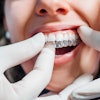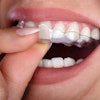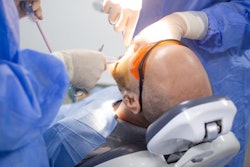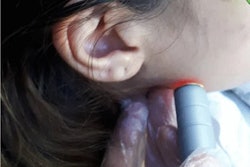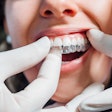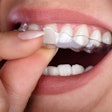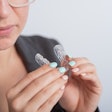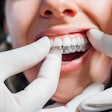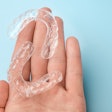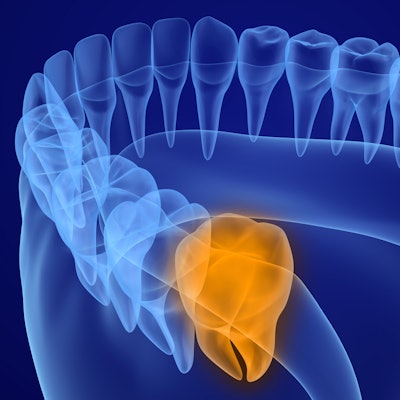
Could a soft-food diet during childhood coupled with low levels of vitamin D be why so many people have impacted wisdom teeth? A graduate student from the University of Saskatchewan in Canada is getting to the bottom of it, according to university news.
Elsa Van Ankum, a PhD student in the department of anatomy, physiology, and pharmacology at the university's college of medicine, has received funding to use archeological samples to study whether food texture, vitamin D, and jaw form are linked to third-molar development.
"We are closer to explaining why our wisdom teeth give us such problems, which could lead to non-invasive strategies, like changing what we eat as kids, to prevent wisdom tooth impaction," she said in the article.
Van Ankum became interested in the topic while analyzing skeletons at archeological sites in Greece and China when she was an undergraduate. She found herself comparing their straight teeth to her own. She had braces and her four wisdom teeth were extracted. Also, she thought about how the Industrial Revolution, which led people to eat softer processed foods, affected teeth.
"I started to question why braces and wisdom tooth surgeries were so widespread today, and I've been following this thread ever since," Van Ankum said in the article.
Through lab experiments in mice, Van Ankum found that when the animals consumed a soft-food diet that also was deficient in vitamin D, they tend to have smaller, differently shaped jaws. Additionally, a lack of vitamin D resulted in wider tooth roots, which affects the size of root canals.
Since vitamin D gets processed differently in humans and mice, Van Ankum's next step is to study humans. She will travel to Britain to collect data from human skeletal remains excavated from archeological sites dating back to before and after 1850. The year 1850 serves as a marker of when Industrial Revolution dietary changes became evident in teeth, jaws, and other bones. She will use the data to explore whether wisdom tooth formation and jaw shape and size differ between pre- and post-Industrial populations.
In addition, the graduate student will use the information gathered from the human studies in Britain to further investigate associations between vitamin D and tooth development in mice. Her goal is to better understand why differences in tooth size, shape, and eruption can occur across time periods, cultures, and species of mammals, according to the university.
Van Ankum may be on to something. In April 2020, Peter Ungar, PhD, a University of Arkansas professor, paleontologist, and dental anthropologist, told DrBicuspid.com that human jaws today differ from those of our ancestors and may be why so many people now have crowded or crooked teeth.
Teeth no longer fit into jaws because, over time, humans' diets changed to ones of softer, more processed food that required less chewing, Ungar explained.



